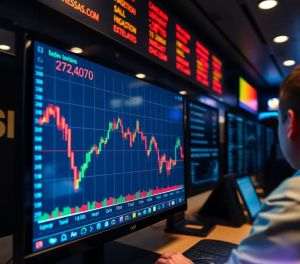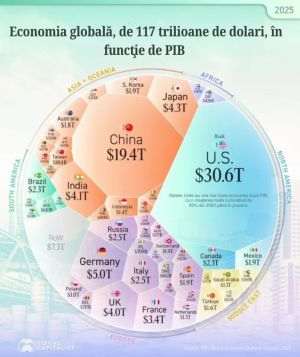A global labor shortage of about 80 million people by the end of 2030 will cause tech stocks to skyrocket, says Tom Lee, head of research at market strategy and analysis firm Fundstrat, according to Business Insider . Lee expects the technology sector's share of the S&P 500 to rise to 50%, from about 30% currently.
In his opinion, the "story" of artificial intelligence is still in its infancy, as it will help increase productivity and combat the problem of labor shortages.
"The growth in the number of people of ideal working age is slower than the growth of the total world population, and by the end of the decade this gap will be about 80 million workers. Therefore, in the absence of a productivity boom that will be facilitated by artificial intelligence, there will be pressure on companies to drive innovation. Or, that means we'll see a shift from annual salary spending to silicon spending," Lee said, as quoted by Business Insider.
In his opinion, companies will spend about 3.2 trillion dollars a year on artificial intelligence technology to combat the growing labor shortage. Nvidia, whose annual revenue is approaching $100 billion, will benefit greatly from this spending.
It wouldn't be the first time that a global labor shortage would lead to a sharp rise in tech stocks as companies help boost productivity. "Between 1948 and 1967 there was a global labor shortage and technological actions had a parabolic evolution. Same from 1991 to 1999, so that's what's happening today," Lee said.
In his view, shares of the maker of graphics processors used in artificial intelligence applications Nvidia are not in a speculative bubble, as happened to the stocks of many companies during the dot-com bubble, bald Cisco, which had risen to record highs against the background expectations related to the development of the Internet.
"Keep in mind that Nvidia sells a chip for $100,000 because it's rare. By contrast, Cisco was selling a router during the Internet boom for $100 and still ended up at a P/E of 100x. I think Nvidia at a P/E of 30x looks pretty attractive," Lee said, as quoted by Business Insider.























































